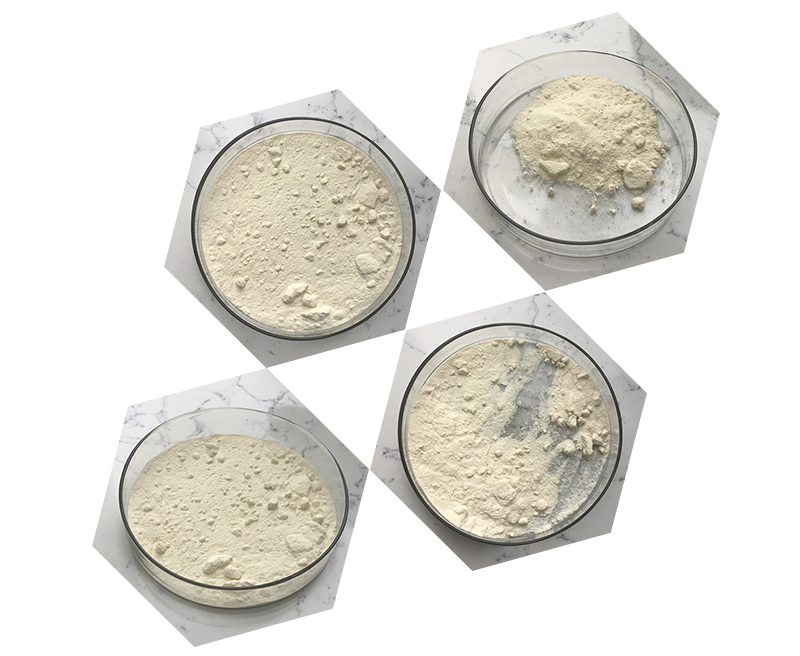Ceramide is lipid molecules naturally found in the skin’s outer layer (stratum corneum) that play an essential role in skin hydration, protection, and structure. They are increasingly used in skincare products for their moisturizing and protective benefits. Here’s a breakdown of their effectiveness, side effects, and precautions:
Effectiveness of Ceramide
- Skin Barrier Repair: Ceramides help to restore the skin’s natural barrier, which protects against environmental stressors, moisture loss, and irritation. This can be particularly beneficial for those with dry, sensitive, or compromised skin.
- Hydration: By sealing in moisture, ceramides improve skin hydration and texture, leading to softer and more supple skin. They are especially useful in treating dry skin conditions.
- Anti-Aging: As we age, natural ceramide levels in the skin decrease, which can lead to dryness, roughness, and a loss of elasticity. Using ceramide-based products may help reduce the appearance of fine lines and support firmer skin.
- Supports Skin Conditions: Ceramides are beneficial for people with conditions like eczema, psoriasis, and atopic dermatitis by helping to reduce dryness, itching, and irritation.

Side Effects of Ceramide
Ceramide is generally well-tolerated since they are naturally present in the skin. However, some side effects may occur:
- Allergic Reactions: Rarely, people may experience redness, itching, or irritation, especially if they have an allergy to any other ingredient in the product, not necessarily the ceramides.
- Pimples or Breakouts: People with oily or acne-prone skin should choose non-comedogenic ceramide products, as some formulations may clog pores.
- Temporary Sensitivity: In some cases, the skin might become slightly more sensitive at the beginning, especially when paired with other active ingredients, like retinoids or AHAs/BHAs.

Special Precautions of Ceramide
- Patch Test: Perform a patch test before applying a ceramide product to your face, especially if you have sensitive or allergy-prone skin.
- Choose the Right Formula: Some ceramide products are combined with other active ingredients. If you have specific skin concerns, make sure to choose a formula suitable for your skin type, and avoid added irritants like fragrance or alcohol.
- Layering with Other Actives: Ceramides pair well with ingredients like hyaluronic acid and peptides, but if you’re using potent actives (e.g., retinoids, vitamin C), consider spacing their use to avoid possible irritation.
- Consult for Skin Conditions: For individuals with chronic skin conditions, it’s best to consult a dermatologist to determine the most effective and safe use of ceramide products.
In summary, ceramide is generally safe and effective for most skin types and play a valuable role in supporting a healthy skin barrier, especially for those with dry or sensitive skin.
